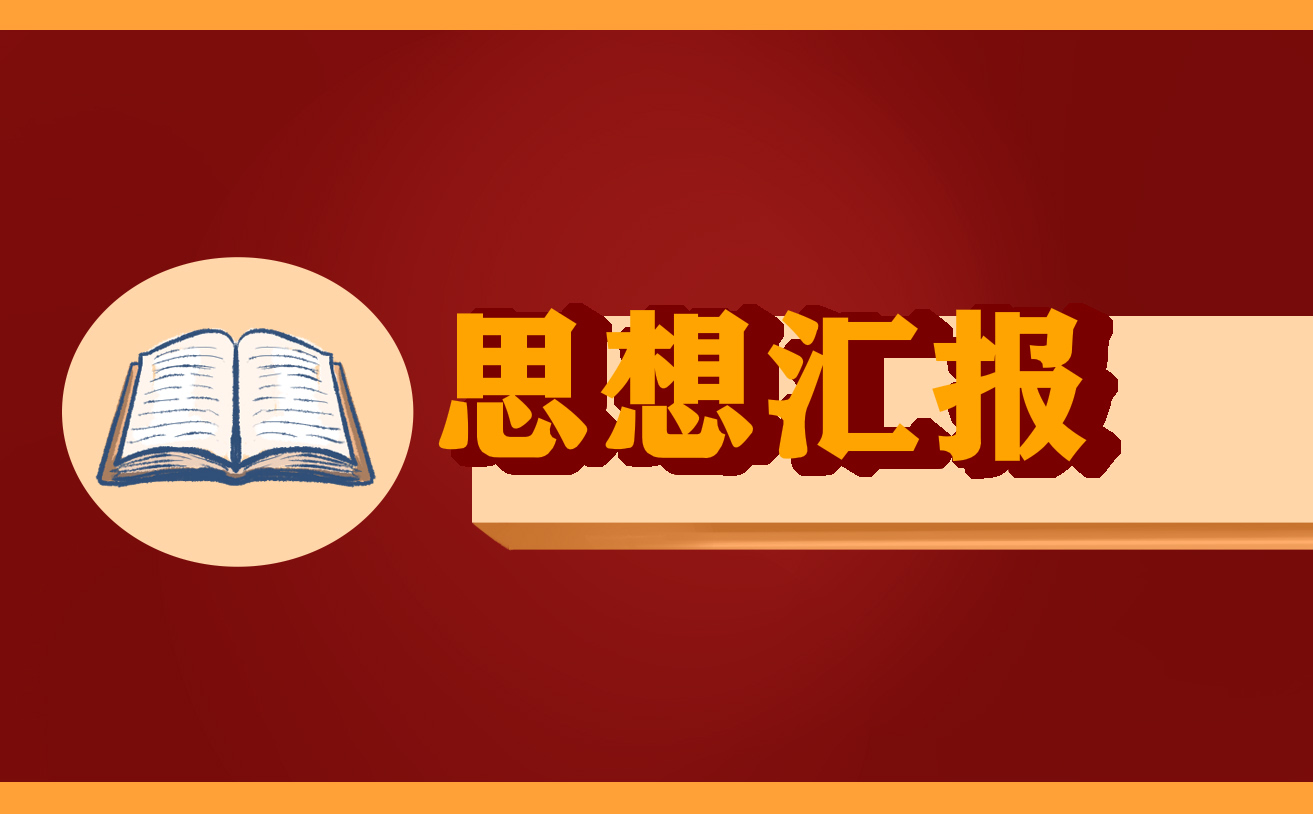幸运的套鞋 幸运的套鞋(一)
时间:2018-12-27 03:33:03 来源:柠檬阅读网 本文已影响 人 
ⅠA BEGINNING It was in Copenhagen, in East Street, and in one of the houses not far from the King" s New Market, that a large company had assembled, for one must occasionally give a party, in order to be invited in return. Half of the company already sat at the card-tables, the other half awaited the result of the hostess"s question, "What shall we do now?" They had progresssed so far, and the conversation went as best it could. Among other subjects the conversation turned upon the Middle Ages. Some considered that period much more interesting than our own times. "Yes," Councillor Knap defended this view so zealously that the lady of the house went over at once to his side; and both loudly exclaimed against Oersted"s treatise in the Almanac on old and modern times, in which the chief advantage is given to our own day. The councillor considered the times of the Danish King Hans as the noblest and happiest age.
While the conversation takes this turn, only interrupted for a moment by the arrival of a newspaper, which contains nothing worth reading, we will betake ourselves to the antechamber, where the cloaks, sticks, and goloshes had found a place. Here sat two maids--an old one and a young one. One would have thought they had come to escort their mistresses home; but, on looking at them more closely, the observer could see that they were not ordinary servants: their hands were too fine for that, their bearing and all their movements too majestic, and the cut of their dresses too uncommon. They were two fairies. The younger was not Fortune, but, lady"s-maid to one of her ladies of the bed-chamber, who carry about the more trifling gifts of Fortune. The elder one looked somewhat more gloomy--she was Care, who always goes herself in her own exalted person to perform her business, for then she knows that it is well done.
They were telling each other where they had been that day. The messenger of Fortune had only transacted a few unimportant affair, as, for instance, she had preserved a new bonnet from a shower of rain, had procured an honest man a bow from a titled Nobody, and so on; but what she had still to relate was something quite extraordinary.
"I can likewise tell," said she, "that today is my birthday; and in honour of it a pair of goloshes has been entrusted to me, which I am to bring to the human race. These goloshes have the property that everyone who puts them on is at once transported to the time and place in which he likes best to be--every wish in reference to time, place, and circumstance is at once fulfilled; and so for once man can be happy here below!"
"Believe me," said Care, "he will be very unhappy, and will bless the moment when he can get rid of the goloshes again."
"What are you thinking of?" retorted the other. "Now I shall put them at the door. Somebody will take them by mistake, and become the happy one!"
You see, that was the dialogue they held.
ⅡWHAT HAPPENED TO THE COUNCILLOR
It was late. Councillor Knap, lost in contemplation of the times of King Hans, wished to get home; and fate willed that instead of his own goloshes he should put on those of Fortune, and thus went out into East Street. But by the power of the goloshes he had been put back three hundred years--into the days of King Hans; and therefore he put his foot into mud and mire in the street, because in those days there was not any pavement.
"Why, this is horrible--how dirty it is here!" said the councillor. "The good pavement is gone, and all the lamps are put out."
The moon did not yet stand high enough to give much light, and the air was tolerably thick, so that all objects, seemed to melt together in the darkness. At the next corner a lamp hung before a picture of the Madonna, but the light it gave was as good as none; he only noticed it when he stood just under it, and his eyes fell upon the painted figure of the mother and child.
"That is probably a museum of art," he thought, "where they have forgotten to take down the sign."
A couple of men in the costume of those past days went by him.
"How they look!" he said. "They must come from a masquerade."
Suddenly there was a sound of drums and fifes, and torches gleamed brightly. The councillor started. And now he saw a strange procession go past. First came a whole troop of drummers,beating their instruments very dexterously; they were followed by men-at-arms, with longbows and crossbows. The chief man in the procession was a clerical lord. The astonished councillor asked what was the meaning of this, and who the man might be.
"That is the Bishop of Zealand. "
"What in the world has come to the bishop.? said the councillor, with a sigh, shaking his head. "This could not possibly be the bishop!"
Ruminating on this, and without looking to the right or to the left, the councillor went through the East Street, and over the Highbridge Place. The bridge which led to the Palace Square was not to be found; he perceived the shore of a shallow water, and at length encountered two people, who sat in a boat.
"Do you wish to be ferried over to the Holm, sir?" they asked.
"To the Holm!" repeated the councillor, who did not know, you see, in what period he was. "I want to go to Christian"s Haven and to Little Turf Street."
The men stared at him.
"Pray tell me where the bridge is?" said he. "It is shameful that no lanterns are lighted here; and it is as muddy, too, as if one were walking in a marsh." But the longer he talked with the boatmen the less could he understand them. "I don"t understand your Bornholm talk," he at last cried, angrily, and turned his back upon them. He could not find the bridge, nor was there any paling.
"It is quite scandalous how things look here!" he said--Never had he thought his own times so miserable as this evening.(To be continued)
1起头
在哥本哈根东大街,一座离国王的新市场不远的房子里,正在举行盛大的晚会。一个人必须偶尔举办一次晚会,这样别人办晚会的时候才会邀请他去。有一半的客人已经坐到了牌桌旁,另一半客人在听候女主人的安排。“我们该做些什么呢?”他们已经玩得很久了,现在都很有兴致地聊天。在谈了很多事情后,大家都转到了“中世纪”这个话题上来。有些人认为,那个时代比我们这个时代要更有趣。“一点不错。”议员克纳卜热情地支持这种观点,女主人也马上站到了他这一边。他们两人都大声反对奥尔斯迪德在《年鉴》上发表的一篇关于古代和现代的论文。这篇文章的主要观点是:还是我们所处的这个时代好。而议员先生认为,丹麦国王汉斯统治时期,是最光荣、最幸福的年代。
讨论到了这个地步,只是送报纸来的时候,才被打断了一会儿。报纸没有什么值得一读的内容,我们就想到前厅去看看,那儿放着外套、手杖和套鞋。那儿坐着两个女仆――一老一小。你可能以为她们是陪伴女主人回家的。但你再走近仔细看看,就会发现她们并不是普通的仆人:她们的手比仆人的要细嫩得多,举止和动作很大方,衣服的样式也非同一般。她们是两个仙女。年轻的那位并不是幸运女神,而是女神卧室里的一个仆人,负责替幸运女神送小礼物。年老的那位看上去很严肃,她是谨慎女神,总是亲自处理自己的事务,只有这样她才能放心。
她们告诉对方,当天各自都去过什么地方。幸运女神的信使只做了几件无关紧要的事情,比如,她在一场大雨中护住了一顶新帽子;让一个诚实的人从一个有地位的傻瓜那里得到了一个鞠躬,诸如此类的事儿。但她下面要讲的一件事却非同寻常。
“我还要告诉你,”她说,“今天是我的生日。为了庆祝一下,幸运女神交给我一双套鞋,让我带到人间去。这双鞋有这种功效:谁穿上它们,马上就能到他们最喜欢的时代和地方去。――有关时间、地点和环境的一切意愿,马上就能实现。这样,世上的人们就会十分快乐了。”
“相信我,”谨慎女神说,“他肯定会很烦恼的。当他脱下套鞋后,一定会感到很庆幸。”
“你怎么会这么想呢?”她反驳道,“现在就把这双鞋放在门口。有人可能会穿错鞋,这样他就成为幸运儿了。”
你瞧,这就是她们谈话的内容。
2议员的遭遇
时间已经很晚了。对汉斯王朝时期想入非非的议员克纳仆,想动身回家了。命里注定如此,他没有穿上自己的套鞋,却穿上了幸运女神的那双,然后走上了东大街。由于套鞋的魔力,他被带到了三百年前的汉斯王朝时期。他的鞋子踩在大街上的淤泥和积水里,因为那个时代还没有石头铺的人行道呢。
“怎么回事?这真是太可怕了――怎么这么脏!”议员说,“好好的人行道没了,路灯也都灭了。”
月亮还没有照到中天,月光不那么亮,空气很浑浊,所有的东西都消失在黑暗中。在下一个街角处的圣母像前,挂着一盏灯笼,但光线弱得比没挂也好不了多少。他只是走到灯下面的时候才注意到它,他的目光落在了母亲和孩子的画像上。
“这可能是个美术馆。”他想,“他们忘了把招牌取下来了。”
有几个身着那个时代服装的人从他身边走过。
“瞧他们那模样!”他说,“他们肯定是才参加过假面舞会吧。”
突然,传来一阵鼓声和笛子声,火把照耀起来了。议员吃了一惊。他看到一个奇怪的游行队伍走了过去。走在前面的是一队鼓手,很熟练地敲着自己的乐器;他们的身后是手持武器的士兵,拿着长弓和弯弓。游行的领队是个教会首领。惊奇万分的议员想:这是干什么,这个人是谁?
“他是西兰主教。”
“这主教到底要干什么?”议员问。他叹口气,摇摇头。“他不可能是主教吧。”
他一路思考着这个问题,没有左顾右盼,就经过东大街,走过高桥广场。通向王宫广场的桥已经不见了,他觉察到自己是走在一条小河的岸边。最后他遇见了两个人,他们坐在船上。
“你想坐船到霍尔姆去吗,先生?”他们问。
“到霍尔姆去!”议员重复道。因为,正如你知道的,他不清楚自己处在什么时代。“我想到克里斯蒂安码头的小特夫市场去。”
那两个人吃惊地望着他。
“请告诉我桥在哪儿?”他说,“真讨厌,这里竟然没有灯照明!到处是泥泞,就好像走在沼泽里似的。”但他对那两个人讲得越多,他们越是糊涂。“我听不懂你的波恩霍姆地方话。”他最后生气地大声嚷嚷起来,愤然转过身去。他找不到桥,连栏杆也不见了。
“这儿真是太糟糕了!”他说。他怎么也想不到,自己所处的时代竟有这样糟糕的夜晚。(未完待续)









